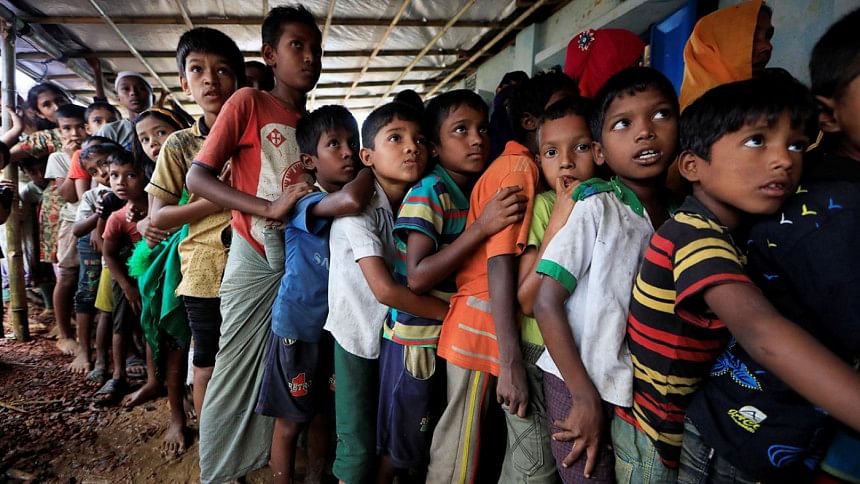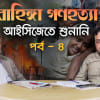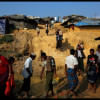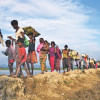UN, global community laud Bangladesh’s decision to provide education for Rohingya children

The United Nations and global humanitarian community have welcomed Bangladesh government's decision to expand access to education for Rohingya children living in settlements in Cox's Bazar.
"We believe this is a positive step and a clear indication of the commitment by the Government of Bangladesh to ensure access to learning for Rohingya children and adolescents, as well as to equip them with the right skills and capacities for their future and return to Myanmar when the conditions allow," they said in a media statement after a recent meeting of the National Task Force chaired by Foreign Secretary Masud Bin Momen.
In line with the government's decision, the education sector for the humanitarian response in Cox's Bazar now plans to pilot the introduction of the Myanmar curriculum in the Rohingya refugee camps starting in April, initially targeting 10,000 Rohingya students in grades 6 to 9. The use of the Myanmar curriculum will be expanded to other grades in a phased manner.
"These efforts will help accelerate an expansion of education particularly for older children, make the content of education more relevant for refugees and allow us to more comprehensively meet the educational wishes of the Rohingya people. When conditions become conducive and refugees are able to return to Myanmar in a safe, dignified and sustainable way, these efforts will also help children reintegrate into the Myanmar education system and society. In Myanmar's Rakhine State, the UN and partners will also, to the extent possible, continue to provide educational support and assistance to Rohingya and other affected communities," the statement added.
To date, the education sector in Cox's Bazar has provided informal education opportunities to 3,24,000 Rohingya children -- aged 4 to 14 years -- based on the Learning Competency Framework and Approach (LCFA). In addition, over 10,000 Rohingya adolescents -- aged 15 to 18 years -- have received literacy, numeracy, life-skills and vocational skills training.

 For all latest news, follow The Daily Star's Google News channel.
For all latest news, follow The Daily Star's Google News channel. 








Comments